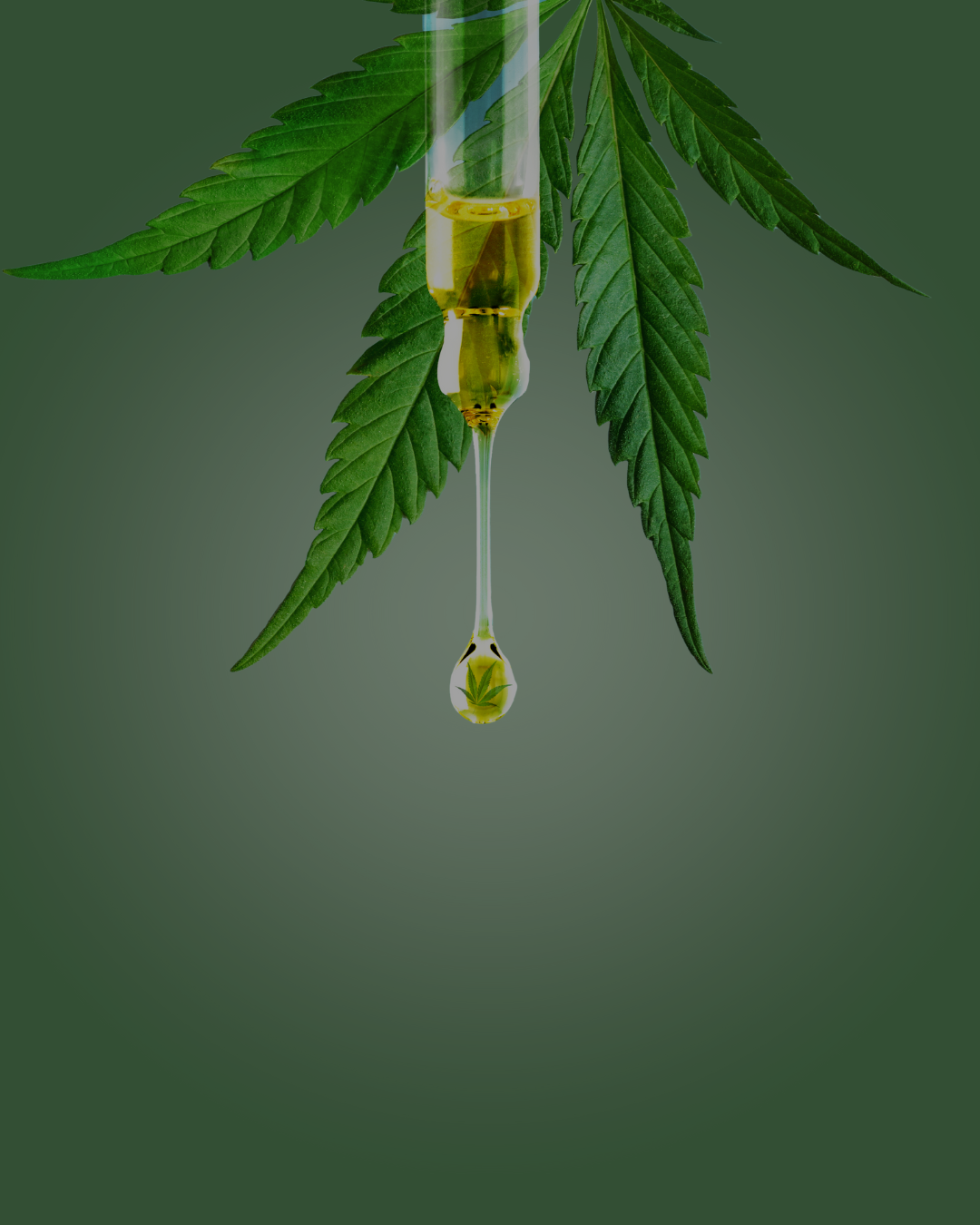CBC vs. CBD vs. CBG: Key Differences, Effects, and Legalities
CBC vs. CBD vs. CBG: What’s the Difference?
The endocannabinoid system (ECS) is a network of receptors (CB1 and CB2), enzymes, and naturally produced endocannabinoids that help regulate mood, sleep, inflammation, pain, and more. These cannabinoids, though structurally similar, interact with the ECS in different ways, which explains their unique effects.
CBC (Cannabichromene)
Cannabichromene, or CBC, is a non-intoxicating compound found in cannabis that shows promise for reducing inflammation, easing discomfort, and supporting mood balance. Because it doesn’t strongly attach to CB1 receptors in the brain, it won’t cause the euphoric effects linked to THC. Research also suggests CBC can work alongside cannabinoids like CBD and THC to amplify their benefits—a phenomenon known as the entourage effect.
CBD (Cannabidiol)
CBD is a widely recognized non-intoxicating cannabinoid valued for its calming, anti-inflammatory, and potential pain-relieving qualities. It influences the endocannabinoid system indirectly, meaning it won’t trigger a “high.” Many studies indicate CBD may support stress management, sleep quality, and overall wellness, and when used with other cannabinoids, it may contribute to a stronger overall therapeutic effect.
CBG (Cannabigerol)
CBG, sometimes called the “parent” cannabinoid, is the chemical precursor from which many other cannabinoids are formed. It’s non-intoxicating and is being studied for its potential to support focus, digestive health, and inflammation reduction. CBG interacts with both CB1 and CB2 receptors, and like CBD and CBC, it may enhance the benefits of other cannabis compounds when used together in a full-spectrum product.
Why it matters: Because each cannabinoid engages the ECS differently, combining them can trigger a broader range of physiological effects. AKA the entourage effect in action. Learning how these compounds influence your ECS is key to understanding their therapeutic potential.
What Are the Effects from CBC vs. CBD vs. CBG?
| Cannabinoid | Common Effects |
|---|---|
| CBD | Calm, stress relief, balance |
| CBG | Focus, energy, mood support, reduced inflammation |
| CBC | Soothing, anti-inflammatory, potential mild analgesia |
These are general observations; individual responses can vary.
FAQs: CBC vs. CBD vs. CBG
Are CBC, CBD, and CBG Legal?
-
- Hemp-derived CBD, CBG, and CBC (THC ≤ 0.3%) are legal federally in the U.S., though subject to state-level rules.
- Marijuana-derived cannabinoids—even non-psychoactive ones—are still largely regulated or illegal at the federal level.
Can CBC and CBG be taken together?
Yes, many users combine them to leverage the entourage effect, enhancing anti-inflammatory and mood-regulating effects.
Is CBC Good For Sleep?
While CBC isn’t primarily known for sedative effects, its anti-inflammatory and analgesic properties may support restful sleep indirectly. However, It’s not considered a primary sleep aid like CBN or CBD.
Is CBG better than CBD for inflammation?
CBG shows promising anti-inflammatory and analgesic action, potentially on par with or complementary to CBD—especially in gut-related inflammation. Cannabis products with a blend of CBG, THC and CBD could provide increased daytime pain relief due to the presence of other pain-relieving cannabinoids that contribute to the entourage effect.
What are the dosing guidelines for CBD, CBC, and CBG?
CBC: No widely agreed dosing charts exist. It’s safest to start low and go slow, using product-specific guidelines and monitoring effects. CBC often appears in combination products.
CBD: Common product dosages for CBD range between 10–100 mg/day.
CBG: Start with 5–15 mg/day, or 1 mg per 10 lbs body weight, adjusting gradually up to ~100 mg/day.
-
- Alternate formula: 0.3 × weight (lbs) for daily dose targeting pain or mood.
Knowing how CBG, CBC, and CBD differ—and how they make you feel—is essential for making safe, effective wellness decisions. Want to dive deeper into cannabinoid biochemistry, dosing science, and therapeutic applications?
Enroll in our online cannabis certification course
In just 10 hours or less you’ll gain structured, science-based knowledge to:
-
- Understand minor cannabinoids and their mechanisms
- Compare consumption methods and effects
- Navigate legal frameworks with confidence
- Turn curiosity into a credible, career-building foundation
Ready to elevate your cannabis IQ? Get Started today!

